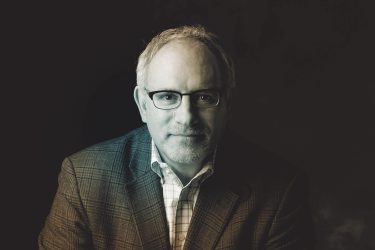Editor’s Eye: Value of UW flies under the radar
 In these hard times, a question we hear a lot at the University of Washington is: What does the state get in return for its investment in the UW?
In these hard times, a question we hear a lot at the University of Washington is: What does the state get in return for its investment in the UW?
The answer: more than you know.
I invite you to look beyond the high-minded talk about how the University advances knowledge and tackles the problems of the world. For the UW’s presence is in the fiber of our daily life.
It’s in the amazing work done by the many social service agencies of the Puget Sound region—from El Centro de la Raza to the Asian Counseling and Referral Service—who serve thousands of less fortunate citizens who need help getting food, learning a new language, receiving job-training skills or overcoming serious medical issues. Did you know that most of these agencies were founded and/or run by graduates of the UW School of Social Work?
It’s in the work of someone like Jay Maebori, the state’s teacher of the year. He is a UW-educated language-arts teacher at Kentwood High School who teaches a class where honors, English-language learners, special-education and regular students all participate in a rigorous and scholarly curriculum. He also teaches Kentwood’s intervention classes, where he deals with students who have already failed to meet state standards. Eighty percent of those students at risk go on to meet the state standards.
It’s in the work of the Business and Economic Development Center in the Foster School of Business, which puts students to work helping minority-owned, women-owned and small businesses. Since the center’s inception in 1995, this program has helped these small businesses generate more than $55 million in revenue and create more than 1,000 jobs.
It’s in the partnerships the UW has with the many sovereign Native American tribes all over the Pacific Northwest. It’s the UW MBA students who are working to help Quinault Pride Seafood sell its magnificent salmon; the UW Bothell faculty and staff who have been partnering with the Tulalip Tribes to develop technology to serve the Tribe’s needs; and the School of Law’s Native American Law Center, which provides training support to the public defender agencies of such tribes as the Makah Nation, the Squaxin Island Tribe and many more.
These are just a few tangible, everyday-life examples of the role the UW plays in the life of Washington residents, a role that makes a difference to all of us.